The High Court of Cassation and Justice (ICCJ) is debating, on Wednesday, the appeal filed by the AUR (Alliance for the Union of Romanians) party against the Constitutional Court's decision regarding the annulment of the entire electoral process of the presidential elections, inform agerpres.ro.
In the notification filed with the High Court, the chair of the AUR, George Simion, points out that the decision taken by the constitutional judges on December 6 is "an extremely dangerous precedent, as it violates Article 2 of the Constitution, which stipulates that "national sovereignty belongs to the Romanian people and is exercised through its elected representatives," repeatable whenever the power wants to be stable in power, therefore irreplaceable through elections, and on the other hand, it is a very serious motivation for the people to lose their trust in democracy, elections and the rule of law."
The AUR leader also mentions that the same judges from the CCR decided, on December 2, to validate the first round of the presidential election.
"The CCR decision completely annulled the electoral process. Not only was the first round of voting annulled, but the entire electoral process. Everything must now be started from scratch - minus, very likely, the candidates who will be invalidated along the way due to information notes from the secret services. It is noted from the motivation of the CCR decision on Friday that the only 'evidence' on which the decision to annul the entire electoral process was based are the information notes from the SRI (Romanian Intelligence Service), SIE (Foreign Intelligence Service) and the Ministry of the Interior, supposedly declassified by the CSAT (Supreme Council for Country Defence). There is no reason at this point, rational or emotional, to believe that this precedent will not have become a pattern of state action in future elections. (...) To watch over the electoral process does not mean to cancel it, but to not allow administrative or electoral events or facts to hinder it or divert it from its normal course. This duty to watch over is exercised during, and not after, the elections," the appeal filed with the ICCJ also states.

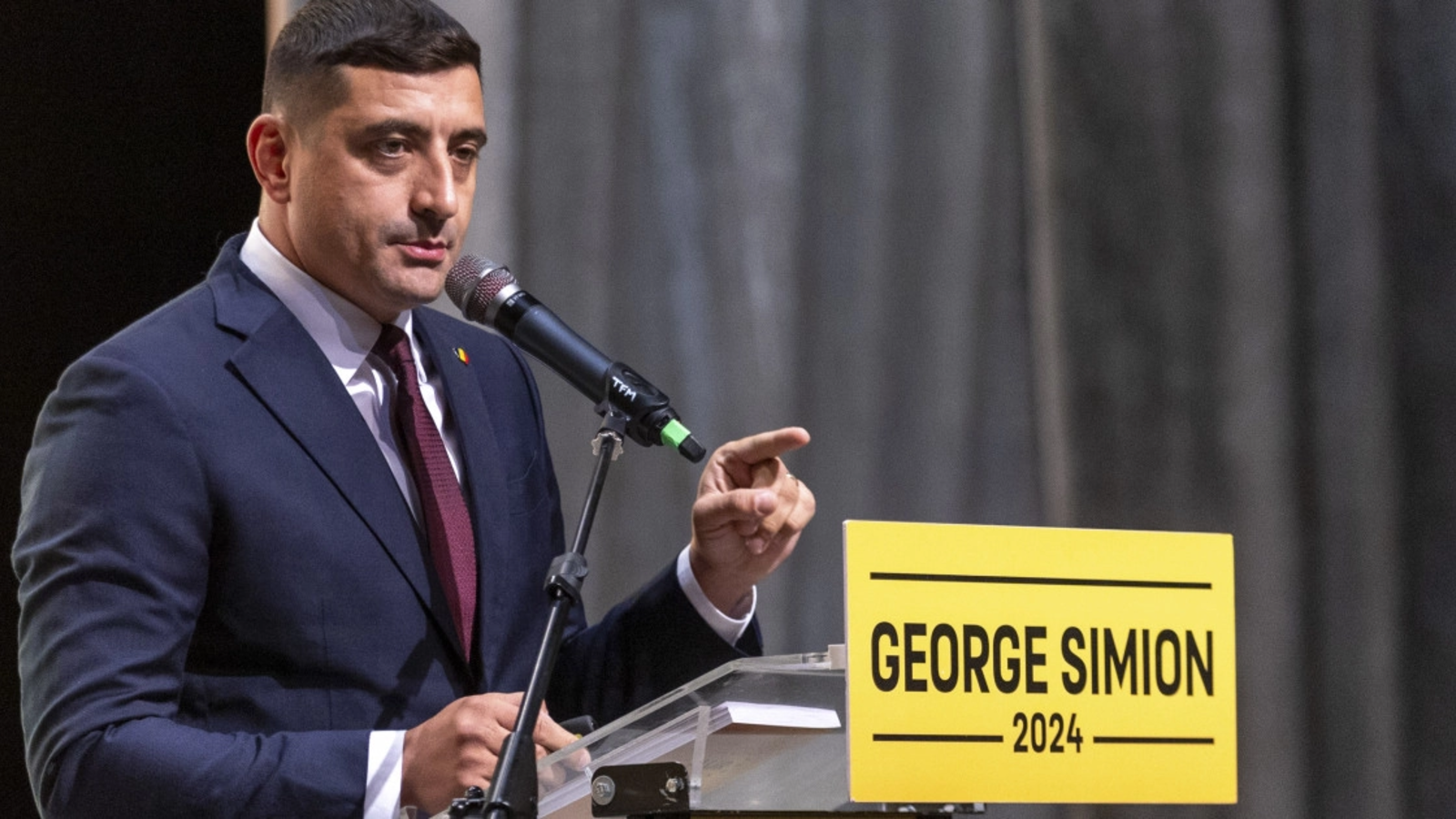


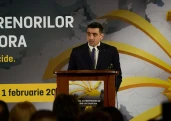
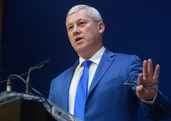
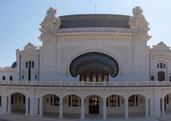
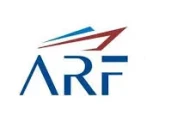

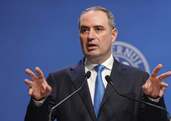


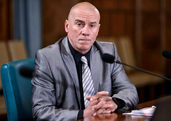
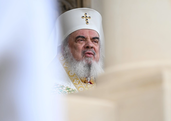

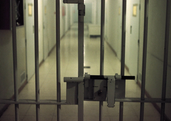
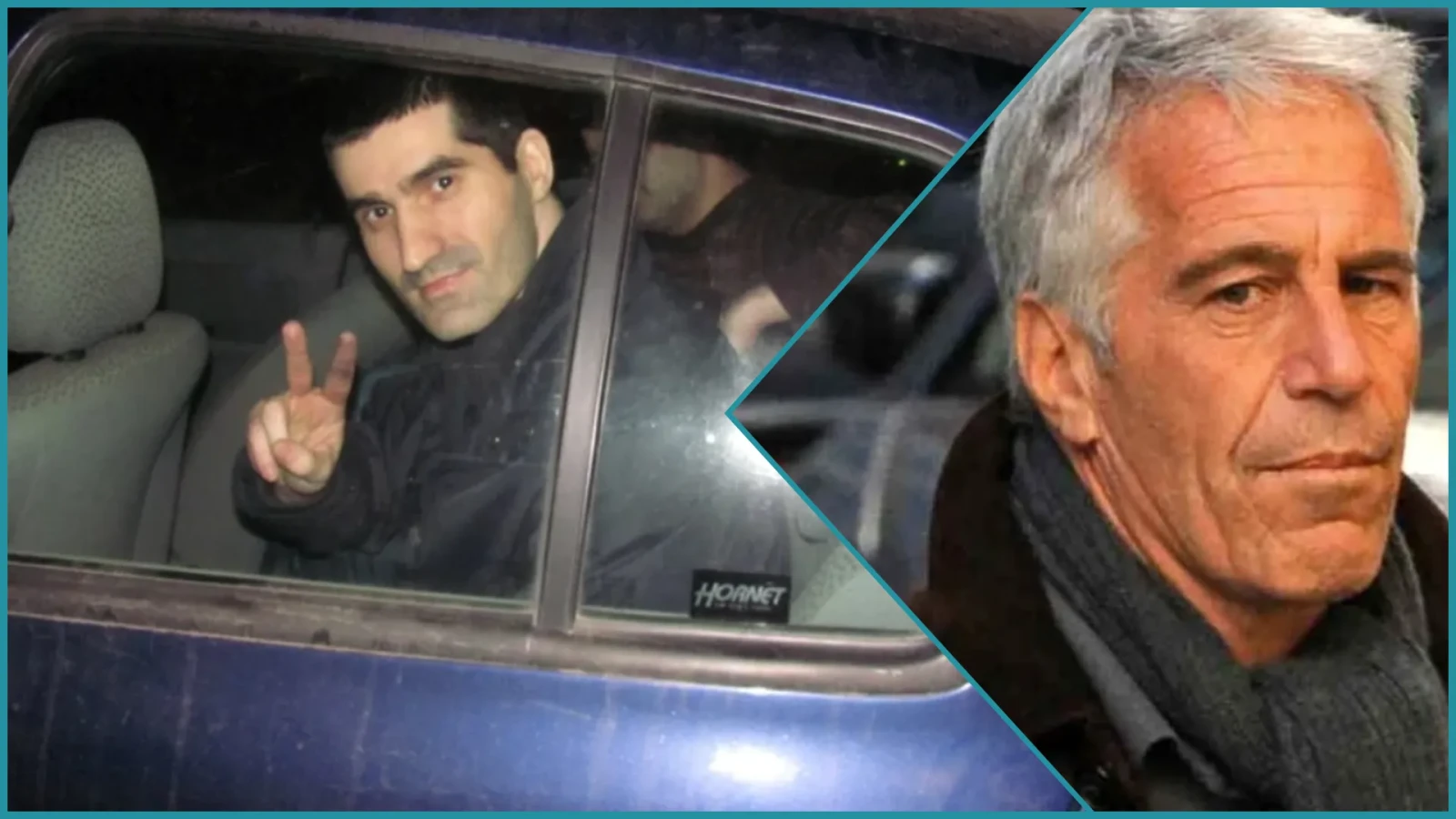





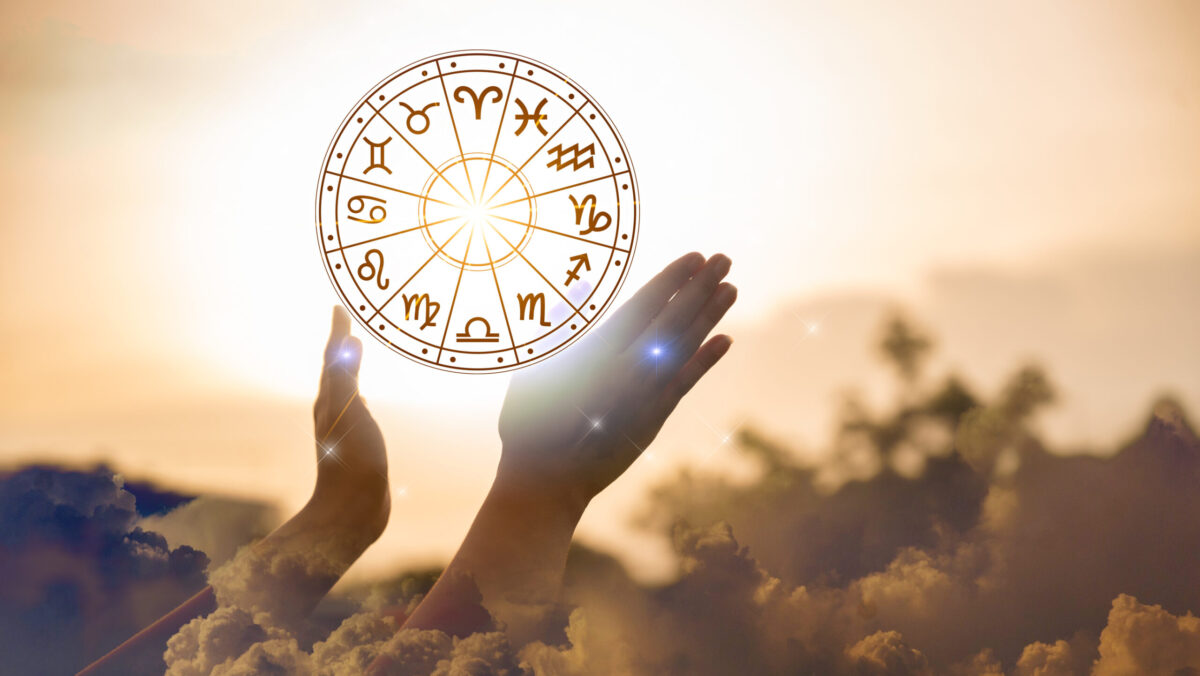
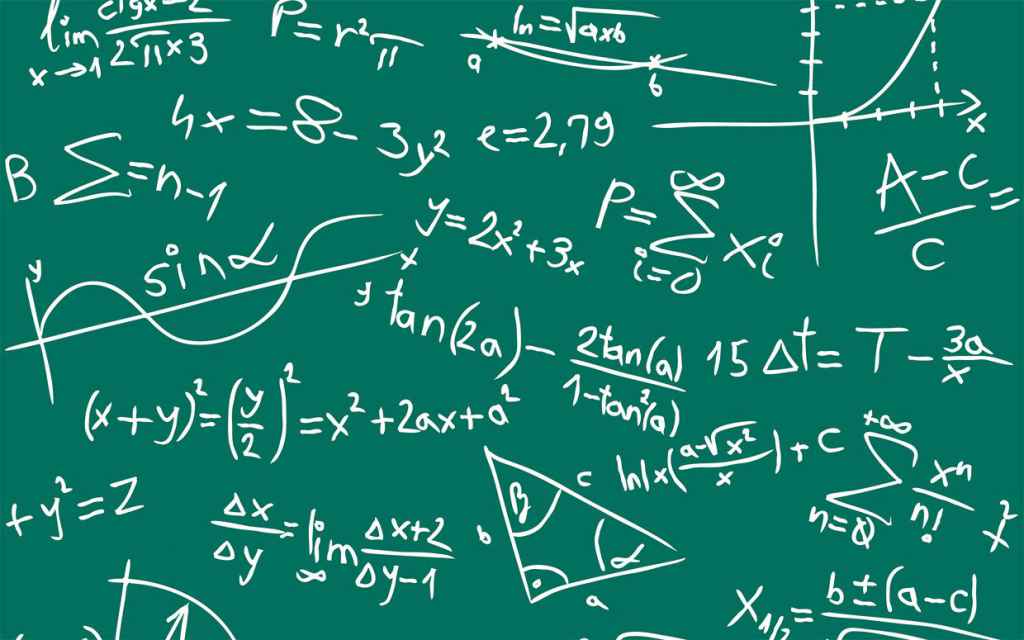

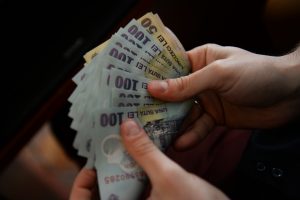






Comentează